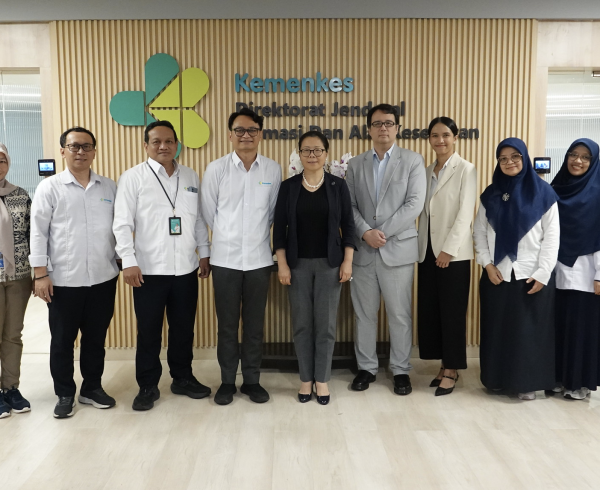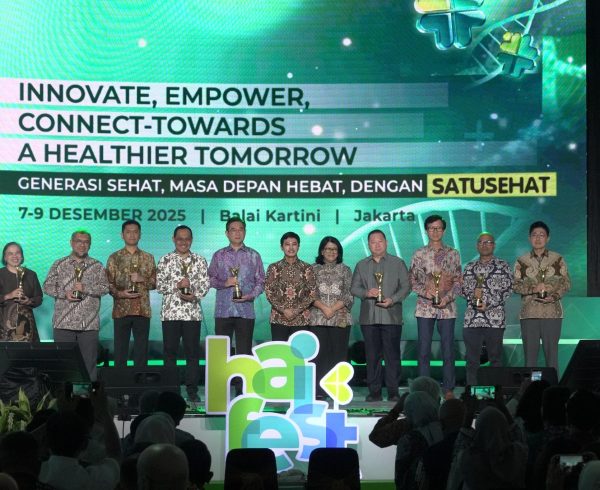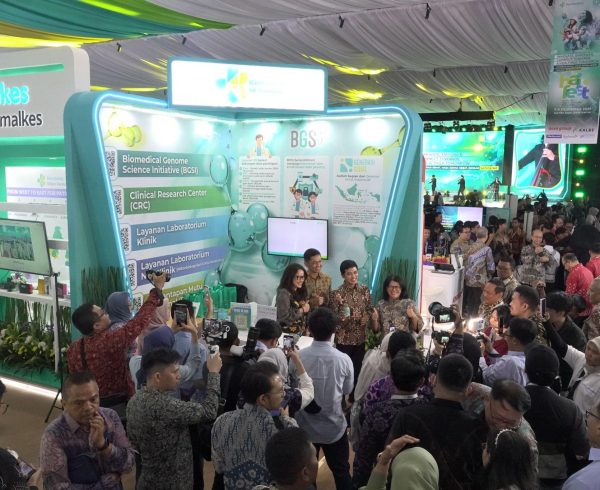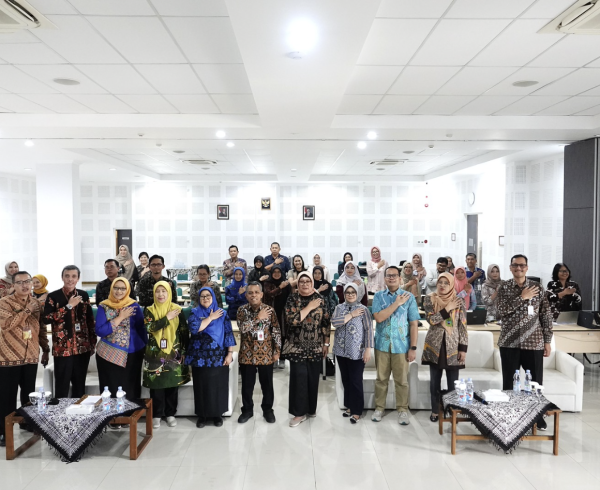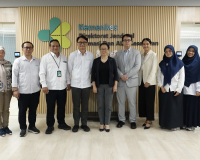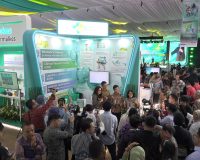On August 18, 2014, a seminar on Improving the Competitiveness of the Indonesian Medical Device Industry was held: The Role of Universities as Innovation Engine at Borobudur Hotel Jakarta. The meeting was attended by the Minister of SOEs, Dahlan Iskan, Deputy Minister of Health, Ali Gufron Mukti. As well as the Director General of Binfar and Alkes, Maura Linda Sitanggang. The event was attended by around 400 invitees from students, teaching staff, researchers and industry practitioners.
Deputy Minister of Health Ali Gufron in his speech reminded about the 2015 ASEAN Economic Community that is in sight, where Indonesia and ASEAN countries will enter a new chapter in the era of free trade. The ASEAN region will become an open and integrated market based on production and mobility of goods, services, investment, capital, and skilled labor will move freely. For this reason, it is necessary to strengthen local products in facing the competition that occurs due to free trade, including medical devices.
According to him, various efforts have been made to improve the ability of the domestic industry, including the development of the domestic medical device industry. Capacity building for Human Resources (HR) of the domestic medical device industry through technical training on ASEAN harmonization in the field of medical devices guided by the ASEAN Medical Device Directives which are planned to be signed in August 2014 and enforced immediately after ratification by ASEAN countries.
Meanwhile, the Director General of Binfar said that the Ministry of Health has issued Minister of Health Regulation No. 86 of 2013 on the Roadmap for the Development of the Medical Device Industry on December 24, 2013. Through the road map, it is expected that the development of the medical device industry will be more directed and the formation of synergistic cooperation between academics, industry and government (related ministries) including the Ministry of Health.
“Universities as institutions that produce researchers with innovative research results are expected to be one of the factors that support the strengthening of domestic medical device products. By helping domestic industries to produce innovative medical devices that have never existed in Indonesia or produce similar products to imported products at more economical prices. In addition, the University must know and comply with related regulations. The Ministry of Health hopes that cooperation between academics, business actors and the government, in this case the Ministry of Health, can continue to be improved. Especially in the development of the domestic medical device industry,” said Maura.
Along with the event, the launch of Gama-Cha: Bone Graft Indonesia. This product is a scaffold identical to human bone that can accelerate the regrowth of bone tissue. The CHA technology in the scaffold allows other applications such as scaffolds for cell therapy, drug carriers, proteins, and other active molecules. The product that is superior to the previous technology is the first bone-identical product in the world that is commercially available. This product was produced by UGM researcher, Dr. Ika Dwi Ana in a research that lasted since 1999 and is marketed by PT Kimia Farma Tbk.



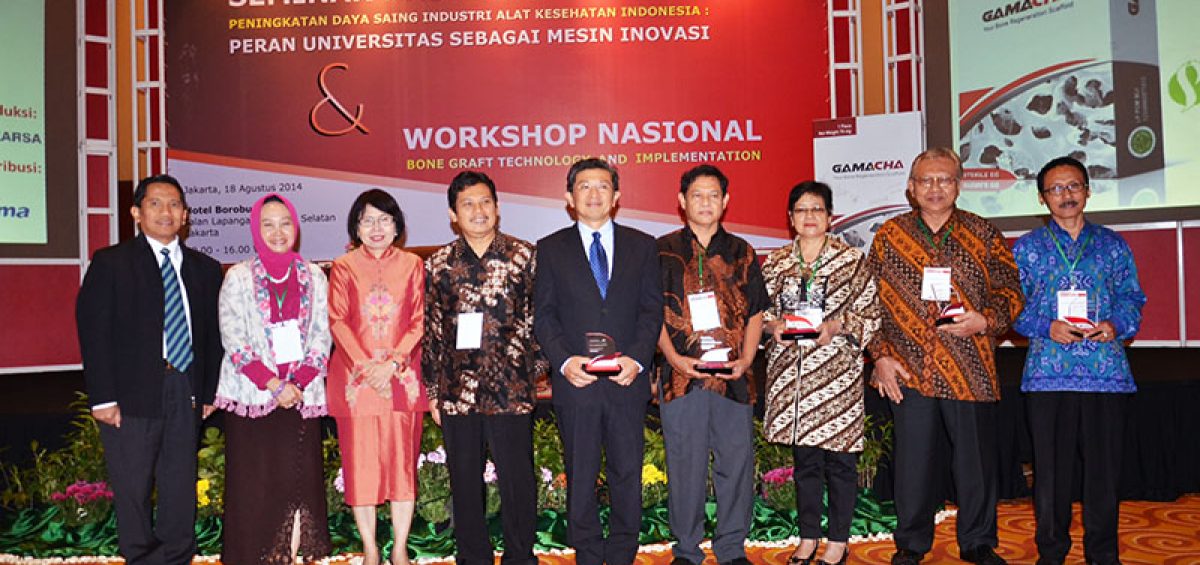 Seminar on Improving the Competitiveness of the Indonesian Medical Device Industry: The Role of Universities as Innovation Engine in Jakarta, August 18, 2014
Seminar on Improving the Competitiveness of the Indonesian Medical Device Industry: The Role of Universities as Innovation Engine in Jakarta, August 18, 2014